SNB head says Swiss franc pressures should ease
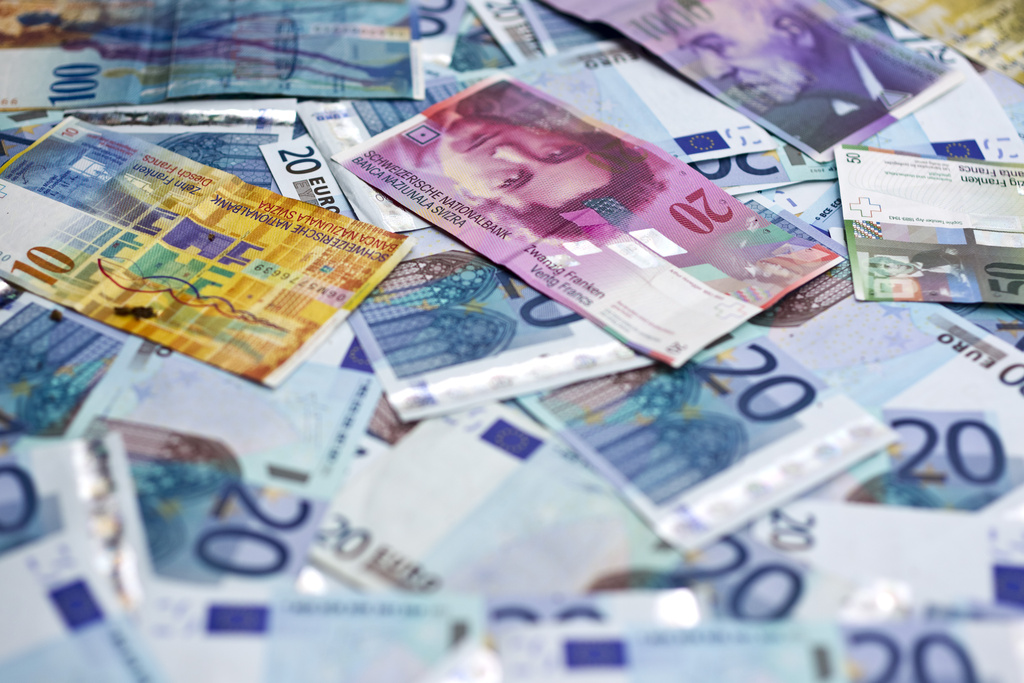
Europe is on the right track to solve its euro debt problems, which should help reduce strong Swiss franc pressures, says the Swiss National Bank (SNB) president.
But Philipp Hildebrand on Tuesday warned rising oil prices, stoked by unrest in North Africa and the Middle East, and concerns over Japan’s disasters could cloud the economic outlook.
Addressing reporters in Geneva, the SNB president praised recent efforts by eurozone finance ministers to tackle debt problems in establishing a new bailout mechanism from 2013, when the current facility expires.
“I am convinced that Europe’s return to a culture of stability should alleviate the pressures on the Swiss franc in the long run,” said Hildebrand.
“Any movement towards a return to stability in Europe is clearly positive for Switzerland.”
The Swiss franc has gained 16 per cent in less than two years against the euro, the currency of its main trading partner. The Swiss franc, often viewed as a safe-haven currency, has also reached a record level against the US dollar.
On March 17 the SNB raised its 2011 growth forecast to two per cent from 1.5 per cent, citing stronger-than-expected growth in the economy (+2.6 per cent in 2010). But it maintained its target-range benchmark interest rate at 0.0 per cent to 0.75 per cent due to uncertainties.
Not complacent
The bank has also raised its inflation forecast to 1.1 per cent in 2012 and two per cent in 2013 and expects Swiss economic growth to weaken throughout 2011 due to competitive pressures on export firms resulting from the strong franc.
“While we can be satisfied with the performance of the Swiss economy, the way it has emerged out of this historic crisis, I think complacency would be the wrong attitude,” he told swissinfo.ch. “We continue to face very significant challenges.”
“The European debt problem in a number of peripheral countries in the EU continues to cast a shadow of uncertainty and risk on the Swiss economy.”
Uncertainty is “elevated in every respect” when considering the impact of turmoil in North Africa and the Middle East, as well as Japan’s earthquake, tsunami and nuclear crisis.
Hildebrand said it was important to keep an eye on potential risks as a strong Swiss franc alongside near-zero interest rates could cause distortions in Switzerland’s construction, housing and other sectors.
“Resilient” exports
Despite the strong franc, Swiss exports showed “surprising dynamism” in February to increase by around ten per cent to SFr16.5 billion ($18.3 billion), driven by sales of machinery, electronics and watches.
Hildebrand said the recent export results were “remarkably resilient” in light of the appreciation of the Swiss franc since June 2010.
Swiss firms’ diversification policy, their high-quality products and robust growth in emerging countries, as well as neighbours like Germany, explain this increase, he noted.
“But a slowdown in growth is expected in the second-half of 2011 and Swiss exports increased less in relative terms compared with other countries,” said the SNB president.
Too big to fail proposal
Questioned about recent criticism by the rightwing Swiss People’s Party over a SFr19 billion loss in 2010 on currency interventions and a push for tighter regulation of “too-big-to-fail” banks such as UBS and Credit Suisse, Hildebrand said it was all part of the democratic process.
“It’s normal that the policy of the central bank gives rise to tough discussions,” he told journalists, while underlining the importance of the bank’s independence.
The SNB president added that he was optimistic “too-big-to-fail” proposals requiring UBS and Credit Suisse to hold twice as much capital as set out in the new Basel III standards would be adopted during the autumn parliamentary session.
Swiss political parties and industry groups are taking part this week in a consultation process but the project has not been that well received.
The right-of-centre Radical Party, the Christian Democrats, the Swiss business federation, economiesuisse, and the Swiss Banking Association all say the Swiss measures go too far. Meanwhile, the left-of-centre Social Democratic Party wants a stricter plan and the People’s Party are calling for a totally new draft.
The government hopes parliament will adopt new rules this session and banks will then have until 2019 to adapt their internal systems and regulations.
The Swiss franc is a so-called “safe haven” currency, which means that investors and speculators buy it when other currencies, including the euro and the United States dollar, are under pressure.
The increasing value of the Swiss franc is a source of great frustration for exporters because their goods are more expensive to sell outside Switzerland, particularly in the eurozone.
It costs around SFr1.28 to buy a euro at present. A year ago, it would have cost SFr1.48. It costs SFr0.90 to buy a dollar.
The Swiss National Bank has emphasised that it does not pursue an exchange rate target, but consistently bases its monetary policy on its legal mandate.
This mandate stipulates that “the SNB is required to ensure price stability, while taking due account of economic developments”.

In compliance with the JTI standards
More: SWI swissinfo.ch certified by the Journalism Trust Initiative



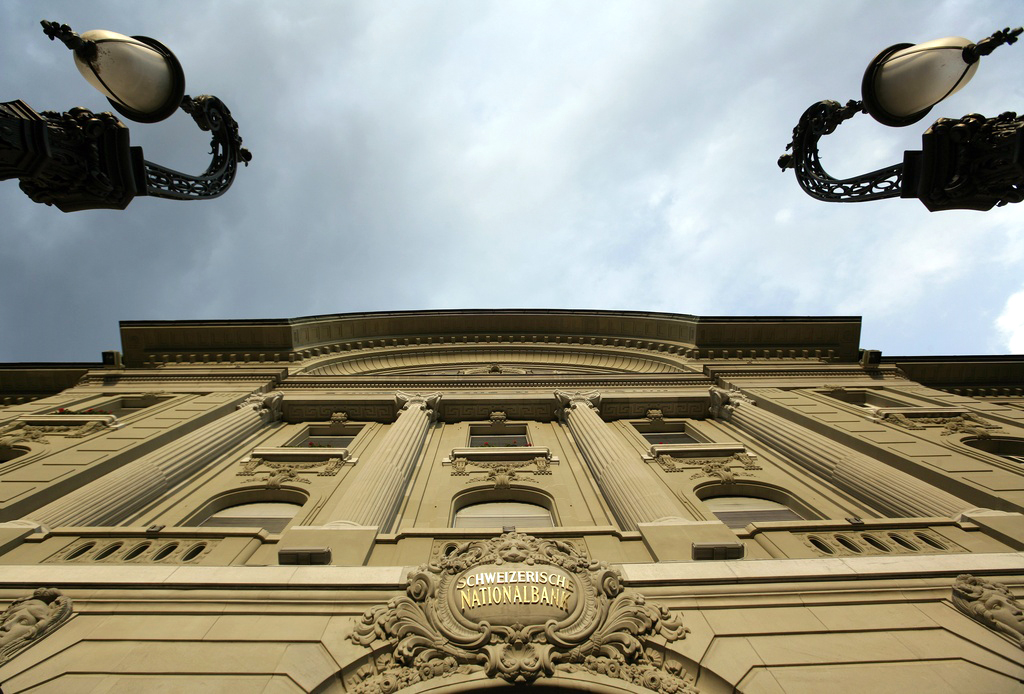
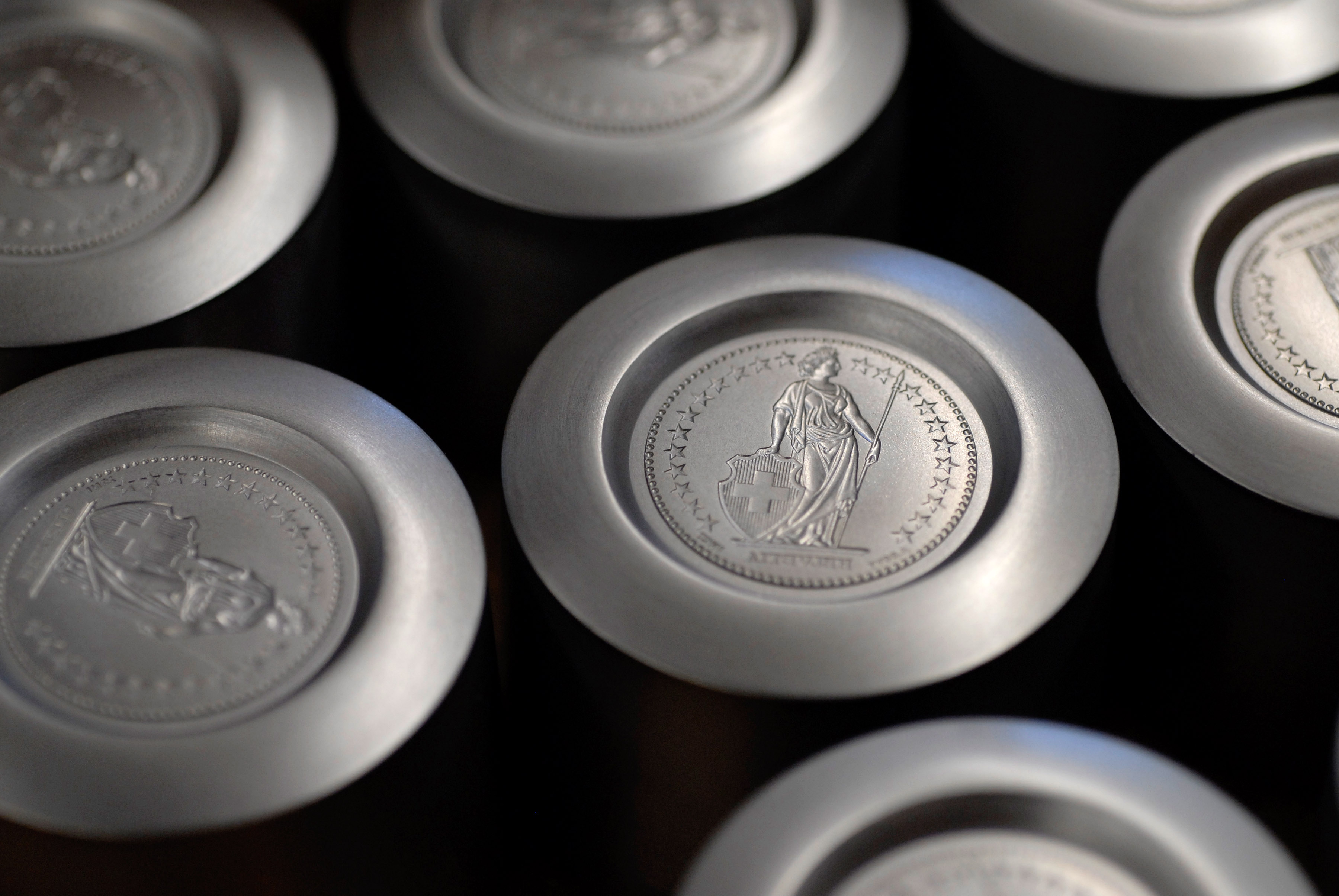
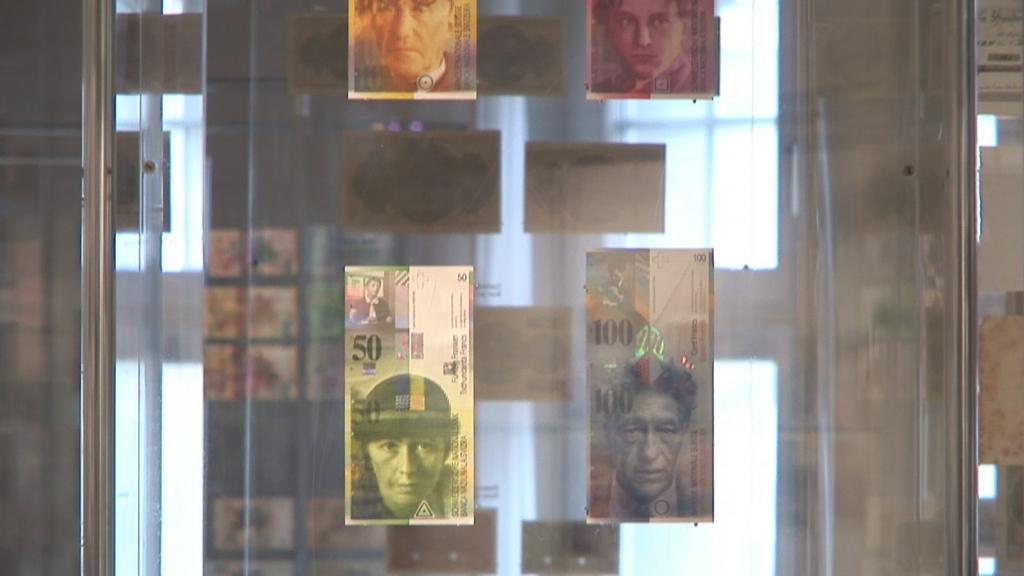
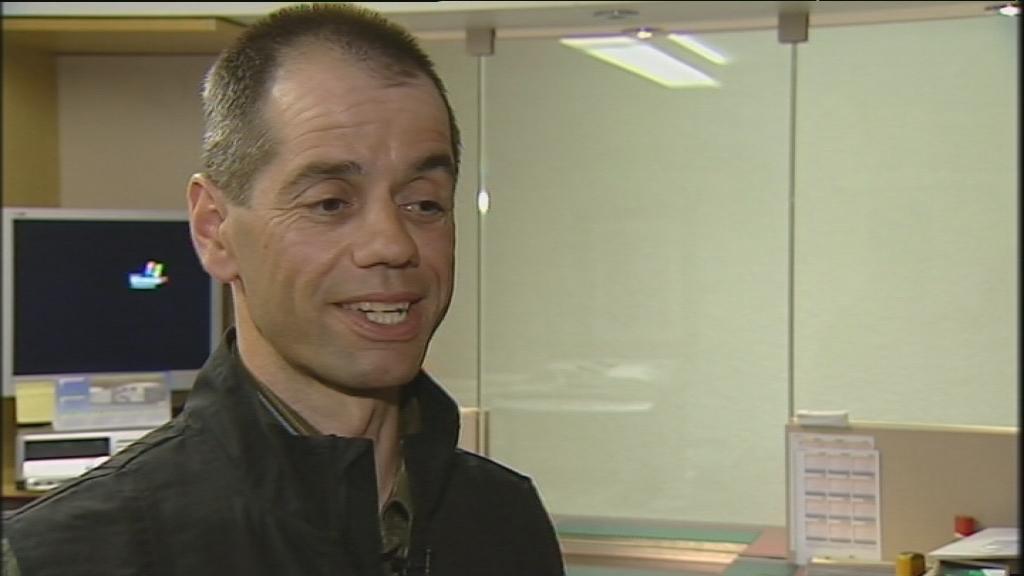
You can find an overview of ongoing debates with our journalists here. Please join us!
If you want to start a conversation about a topic raised in this article or want to report factual errors, email us at english@swissinfo.ch.